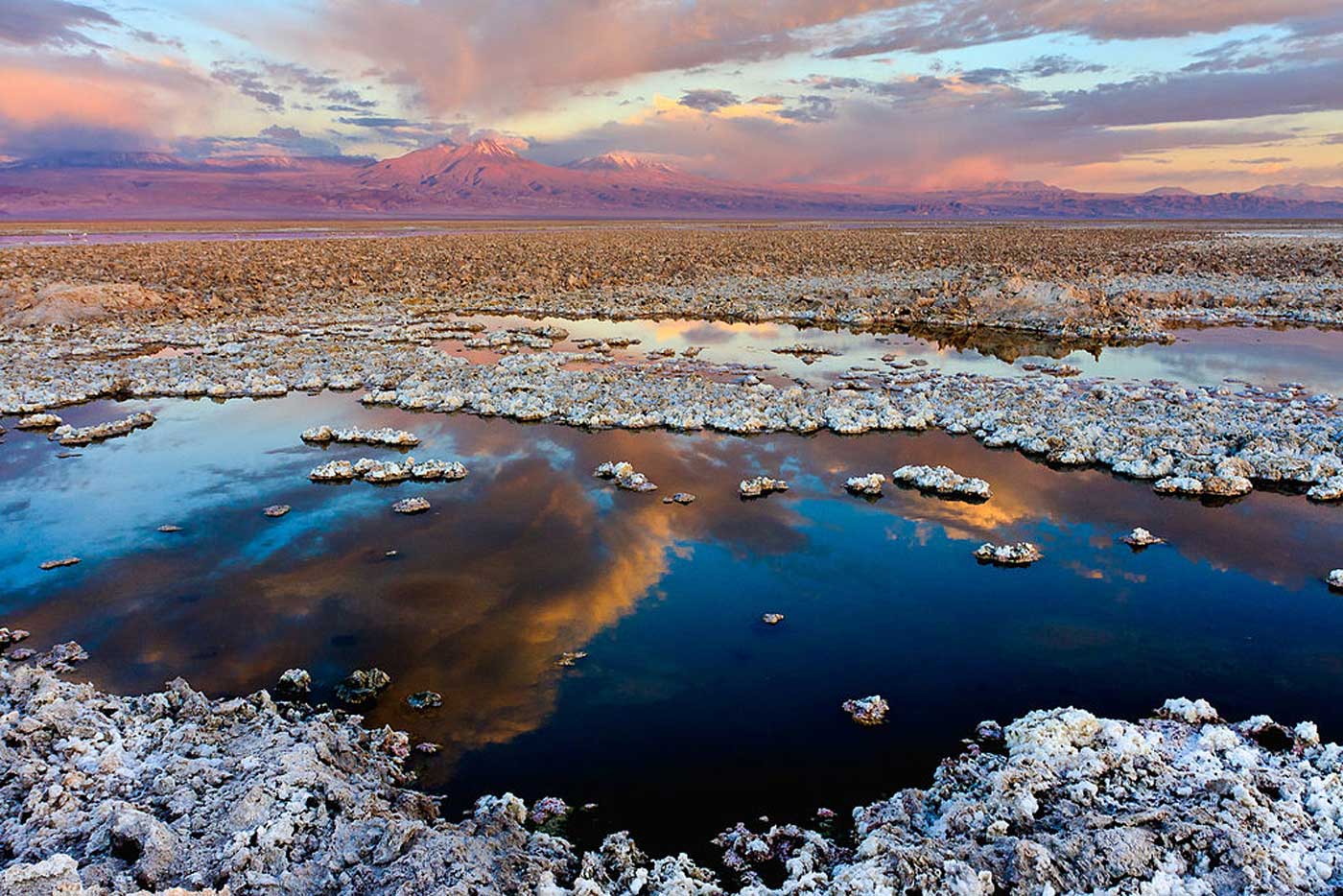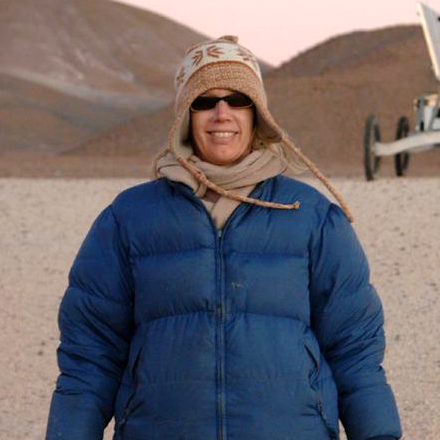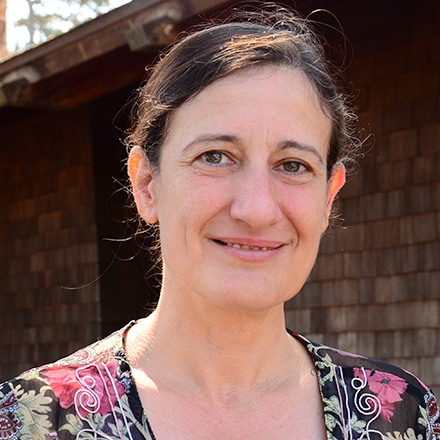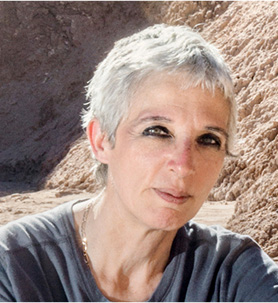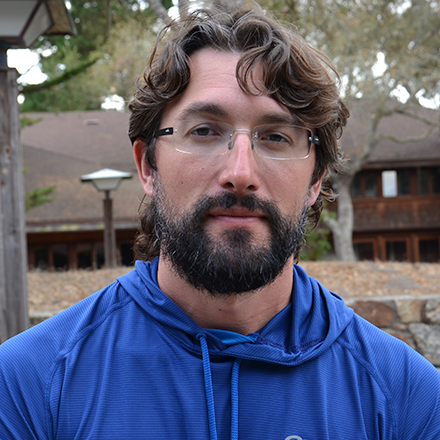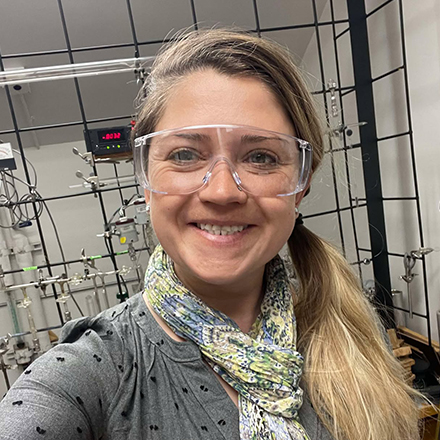At the SETI Institute, astrobiologists seek to answer some of the most fundamental science questions of humankind, such as: "Are we Alone in the Universe?" and "How did we get here?" We address these basic unknowns by studying not only the fundamentals of biotic and abiotic processes elsewhere but also by a deep search for knowledge about the workings of our planet, particularly those that serve as analogs for environments on other planets.
This work encompasses exciting and challenging projects in some of the Earth's harshest places, from studying the uniquely strange and very old microbial communities (stromatolites) living under ice-covered lakes in Antarctica to the toughest microbes we know of with amazing powers of radiation and desiccation-resistance that find shelter in rocks and soils in the driest deserts on our planet. Our scientists in many of these locations collaborate with robotics engineers and AI/ML experts to design and test pioneering instruments and planetary exploration strategies for NASA and private industry to adapt and deploy on missions to the moon, Mars and the furthest reaches of our solar system someday.
Astrobiology Researchers
News
Astrobiology

Carbon Molecules on Mars Open New Mystery
A greatly reduced carbon 13 signature is discovered in a drill sample taken by NASA’s Curiosity rover on Vera Rubin Ridge in Gale Crater. #Mars #NASA Missions and Observatories
Microbes Survive Harsh Early-Mars Analog Conditions
#Climate and Bioscience #Astrobiology
)
